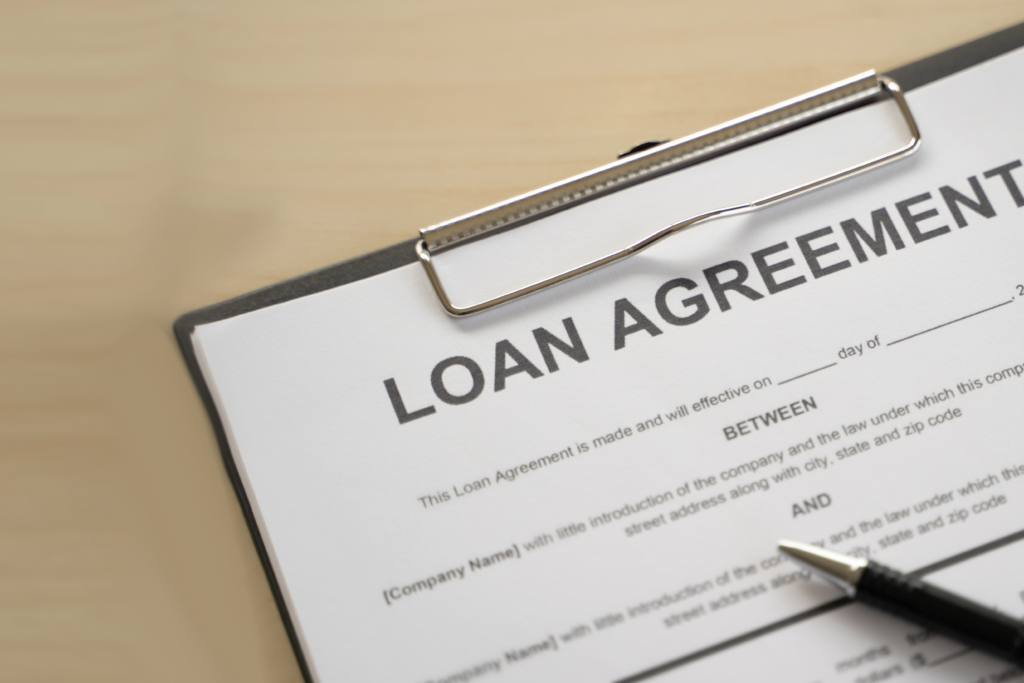If you’re feeling overwhelmed by debt, you might be considering a debt consolidation loan. This type of loan lets you roll multiple debts—like credit cards or personal loans—into one new loan with a single monthly payment. It can sound like a simple solution, but it’s not the best choice for everyone.
Before you decide, it’s important to weigh the pros and cons, understand how consolidation works, and consider your financial situation. Here’s what to know.
What Is a Debt Consolidation Loan?
A debt consolidation loan lets you combine multiple debts into one new loan. Instead of juggling several payments to different lenders, you make a single monthly payment to one lender. The goal is usually to simplify repayment and, if you qualify for a lower interest rate, reduce how much you pay over time.
These loans are often used to consolidate high-interest credit card debt, personal loans, or medical bills. Depending on your credit, you may be offered a fixed loan term and interest rate, which can make it easier to plan your monthly budget.
When a Debt Consolidation Loan Might Make Sense
A debt consolidation loan could be a good option if:
- You qualify for a lower interest rate: If your credit is strong, consolidating may help you save money on interest over time.
- You’re managing multiple debts: One monthly payment can be easier to keep track of and reduce the risk of missing due dates.
- You have a plan to stay on track: Consolidation can help you reset your repayment, but it works best if you’re committed to not adding new debt while paying off the loan.
When It Might Not Be the Right Fit
A debt consolidation loan isn’t the best solution for everyone. You may want to explore other options if:
- Your credit score is low: If you don’t qualify for a lower interest rate, consolidation might not save you money—and could even cost more in the long run.
- You’re at risk of taking on more debt: Paying off credit cards with a consolidation loan can be tempting, but if you continue using those cards, you could end up deeper in debt.
- The fees outweigh the benefits: Some loans come with upfront fees or longer repayment terms that increase the total cost, even if the monthly payment is lower.
Other Debt Relief Options to Explore
If a debt consolidation loan doesn’t seem like the right fit, there are other ways to manage debt. Depending on your situation, one of the following options may be a better match.
Credit Counseling
Credit counseling gives you a chance to review your financial situation with a certified counselor. They’ll help you go over your income, expenses, and debts to create a realistic budget and explore your options. Counseling sessions are typically free or low-cost and are designed to educate—not sell you a specific product or service. This can be a helpful first step if you’re unsure where to start.
Debt Management Plans
A debt management plan (DMP) is a structured repayment plan typically arranged through a nonprofit credit counseling agency. Instead of paying your creditors directly, you make one monthly payment to the agency, which then pays your creditors. In many cases, the agency may work with your creditors to lower interest rates or waive certain fees. You still repay the full balance you owe, but on more manageable terms—usually over three to five years.
Debt Settlement
Debt settlement involves negotiating with creditors to settle your debt for less than the total amount owed. This option may be available if you’re behind on payments and unable to repay your debt in full. While it could reduce your total balance, it can also affect your credit score and may come with fees or tax implications. Debt settlement doesn’t work for all types of debt, so it’s important to understand the risks before pursuing this option.
Choosing the Right Path Forward
There’s no one solution that works for everyone when it comes to managing debt. A consolidation loan might help simplify repayment and lower your interest, but only if the terms fit your situation and you’re ready to stay on track.
Before committing to any option, take a close look at your income, expenses, and total debt. Consider talking to a financial professional to better understand your choices. The right path forward is the one that helps you move toward long-term financial stability—at a pace that works for you.
The content provided is intended for informational purposes only. Estimates or statements contained within may be based on prior results or from third parties. The views expressed in these materials are those of the author and may not reflect the view of SmartSpending. We make no guarantees that the information contained on this site will be accurate or applicable and results may vary depending on individual situations. Contact a financial and/or tax professional regarding your specific financial and tax situation. Please visit our terms of service for full terms governing the use this site.

